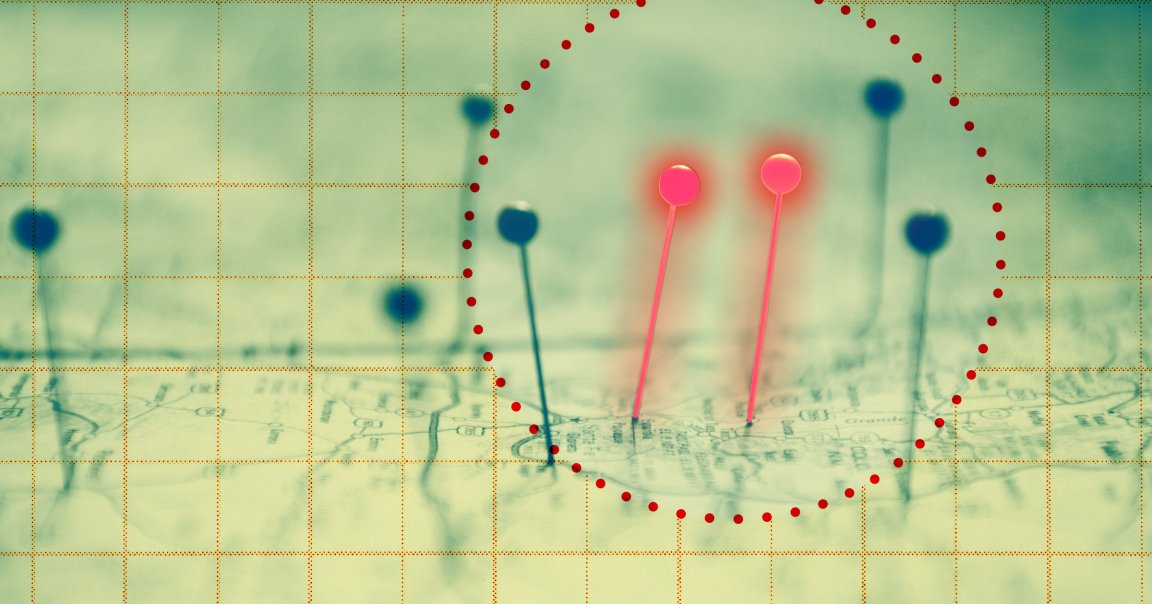
If you plan a trip using AI, triple check that the locations it recommends visiting actually exist.
The BBC reports that unsuspecting tourists all over the world are leaning on AI to plan vacations — and getting themselves into potentially dangerous situations because AI model are hallucinating fictitious locations.
In one instance, two tourists were traipsing through Peru to get to a nonexistent “Sacred Canyon of Humantay” in the Andes Mountains when they were stopped by a local tour guide who overheard them and quickly became alarmed.
“This sort of misinformation is perilous in Peru,” the tour guide, Miguel Angel Gongora Meza, told the BBC. “The elevation, the climatic changes and accessibility [of the] paths have to be planned. When you [use] a program [like OpenAI’s ChatGPT], which combines pictures and names to create a fantasy, then you can find yourself at an altitude of 4,000m without oxygen and [phone] signal.”
The travel sector has been irrevocably changed by AI, with 24 percent of tourists using them for trip planning, according to a 2025 global survey flagged by the BBC from Global Rescue, a travel service business.
This has led to unintended consequences, such as the unsuspecting Peruvian hikers, or a couple who got stuck at the peak of a Japanese mountain because ChatGPT gave them the wrong time when a certain path would be open, according to the BBC.
All of this is reminiscent of when map apps became available to the wider public, and small towns and villages across the world then had to contend with sudden vehicular traffic from motorists using the apps to make shortcuts. But the proliferation of AI models for travel planning adds even more complexity to an already busy information landscape.
And that’s without getting into how AI is being used for scams, Global Rescue warns. Con artists are using bots and deepfakes to trick tourists into using their credit cards on fake travel apps or websites.
“The proliferation of AI is an impending threat to travel,” said Harding Bush, associate director of security for Global Rescue and former Navy SEAL, in the group’s survey.
More on AI: The AI Industry Has a Huge Problem: the Smarter Its AI Gets, the More It’s Hallucinating